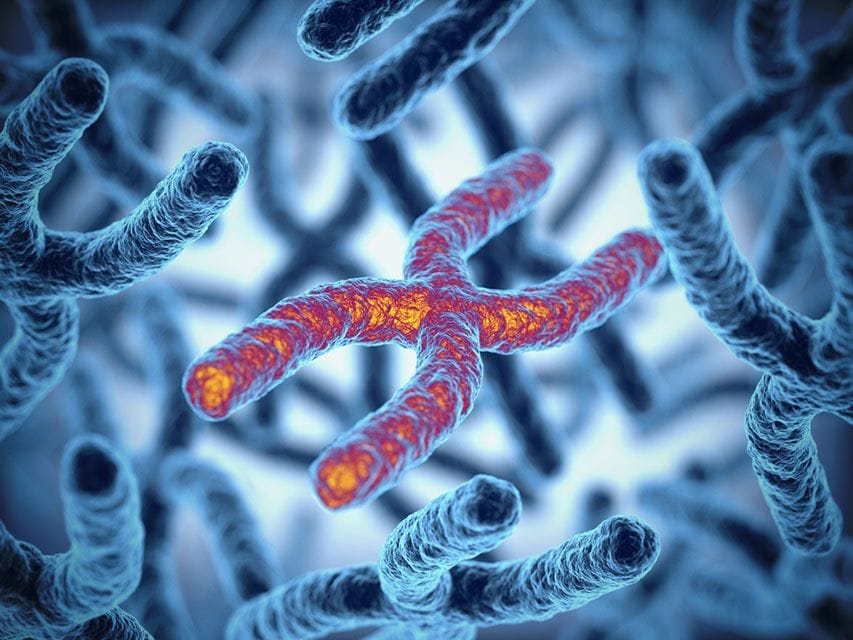Methcathinone, also known as cat, Charlie or Jeff, is both a natural substance and one that can be created synthetically. It is related to the drugs called bath salts as well as to amphetamine and methamphetamine. It is a dangerous and harmful stimulant. Methcathinone side effects can be painful and lasting, and abuse of this drug can also lead to addiction or even fatal overdoses.
What Is Methcathinone?
Methcathinone is a stimulant drug closely related to two other dangerous substances: methamphetamine and cathinone. It is also called ephedrone and is found naturally in a plant called the “khat” plant, Catha edulis. Methcathinone was first synthesized in a pharmaceutical lab in the 1920s, but it never became a medicine in the U.S. In 1994 it was listed as a Schedule I controlled substance. It is illegal in this country and cannot be prescribed by a doctor.
How Is Methcathinone Abused?
Some people abuse methcathinone because it produces a high, increases metabolism, produces wakefulness and temporarily improves concentration and focus. These are all effects of a stimulant and are similar to what abusers of methamphetamine experience. It may be tempting to use this drug to lose weight or stay awake for studying or partying, but methcathinone long-term effects are not worth the risk of the momentary high. Those who abuse methcathinone typically snort it as powder, but it may also be injected, smoked or ingested.
What Is the Long-Term Damage of Methcathinone?
Although methcathinone has been around for a long time, not much research has been done to determine its long-term effects on users. Although it can be created synthetically almost as easily as methamphetamine, it has never been as widely used as meth. We do know that methcathinone and methamphetamine are similar in short-term effects and probably cause similar long-term effects as well. These include psychosis, memory loss, weight loss, tooth decay, aggressiveness and thinking deficits. Not least of all, the possible long-term effects of using methcathinone include the possibility of becoming addicted. Like methamphetamine, it has many qualities that make it a highly addictive drug. Methcathinone addiction symptoms include cravings, withdrawal, tolerance and out-of-control behavior leading to more frequent use of the drug. If you or someone you know has been abusing methcathinone, now is the time to do something about it. You can overdose and either go into a coma or even die as a result. You can easily become addicted to this drug and battle that addiction for the rest of your life. There is hope for anyone hooked on methcathinone, but you need to reach out and seek professional addiction help to overcome it. Help yourself or someone else taking this dangerous drug now, before it’s too late.


